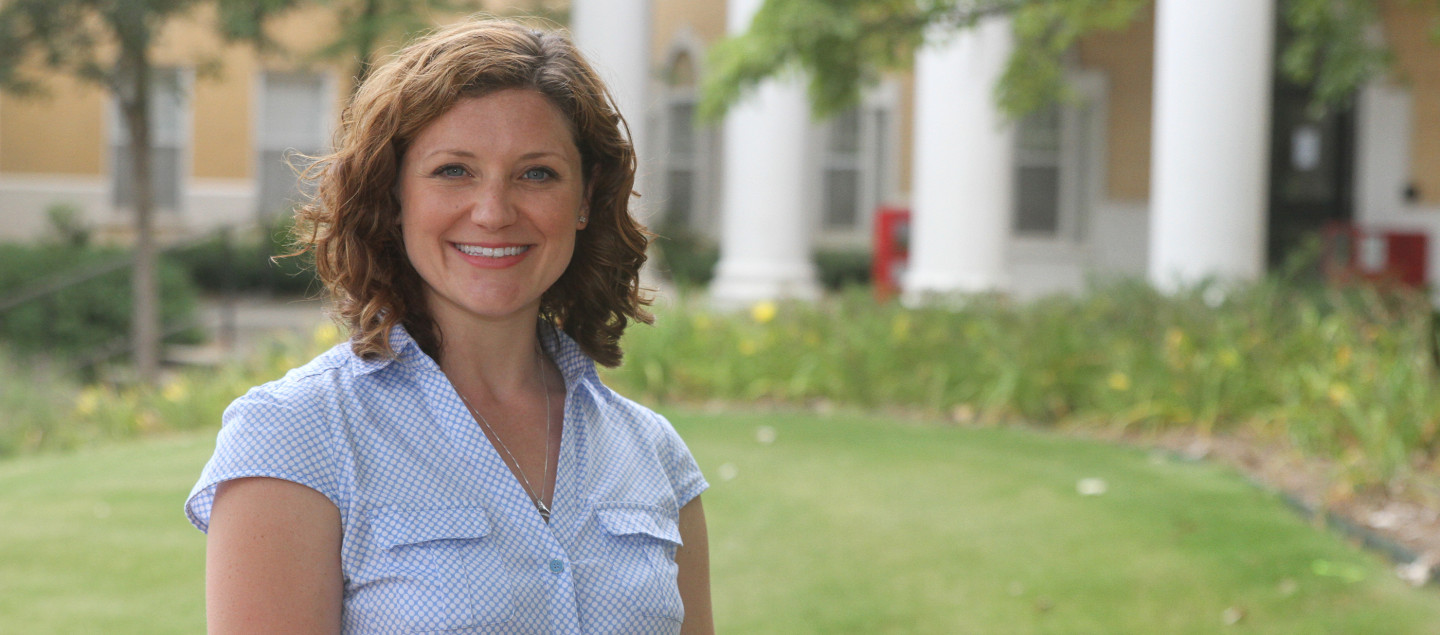Diabetes Prevention Program sees significant impact in shift to online format

As a result of the COVID-19 pandemic, the University of Georgia Cooperative Extension Diabetes Prevention Program was challenged with shifting to a completely virtual format.
Trained Family and Consumer Sciences (FACS) Extension agents are delivering the program to community members across the state and collaborating with the University System of Georgia (USG) to offer the National Diabetes Prevention Program entirely online to faculty and staff.
Nearly 88 million adults living in the U.S. have prediabetes, and more than 80% of them don’t even know they have it. Prediabetes increases the risk for having a stroke and developing Type 2 diabetes and heart disease, and Georgia spends nearly $10 billion annually to combat prediabetes. With health and financial consequences heightened by COVID-19, UGA Extension is taking vital steps to improve overall health and awareness across Georgia.
In fall 2019, FACS agents began delivering the Diabetes Prevention Program — a yearlong lifestyle change strategy that offered participants guidance on healthy eating, physical activity and stress management. It featured weekly in-person classes and guidance to more than 100 participants in more than 13 counties around the state.
Ali Berg, nutrition and health Extension specialist, led a team of 13 FACS agents to devise a plan to continue delivering the content despite the COVID-19 crisis. The newly constructed online format gained approval from the U.S. Centers for Disease Control and Prevention, and the program began to expand outreach and grow exponentially.
“We always knew that we might want to have an option to offer this program 100% online,” said Berg. “We just thought it was further down the road for us. The pandemic catapulted us into this next step of virtual delivery and we’re excited to reach new groups of people, including faculty and staff at USG institutions that may be too far away to drive to a class.”
Since the original online transition, agents have delivered 158 online meetings or conference call sessions to participants, totaling more than 15,000 educational contact hours. Monitoring key metrics such as weight, physical activity, and healthy eating remained a focal point of the discussions. In this same time frame, participants have lost a collective 496 pounds — in addition to the 429 lost pre-pandemic — and logged nearly 3,000 hours of physical activity.
“Our participants have reported weight loss, increased physical activity, and some have been able to stop taking medications they have been on for years,” said Jackie Dallas, FACS agent for Athens-Clarke County and co-pilot of the original face-to-face initiative. “I’ve been pleasantly surprised at how many people tell me they read nutrition and ingredient labels more than they ever did in the past and base their healthier eating on the information they have learned from our classes.”
Collaborative trials that UGA conducted with the University of North Georgia have served as a pilot for USG. With USG planning to roll out this program to each of its 24 other institutions, UGA Extension and FACS agents with lifestyle coach training will have an increased impact across the board.
“Our delivery at the community level is the heart of what we do, but there are far fewer FACS agents than communities,” said Dallas. “This gives us the chance to show the impact a FACS agent can have in places without one.”
The healthy living benefits and takeaways extend beyond the yearlong duration of the program. Practicing a healthier lifestyle can save money on annual medical costs, as well as helping combat potential additional health risks down the road.
“Creating a healthy Georgia by delivering educational programs that focus on health and wellness and the prevention of chronic disease are very much a part of the UGA Extension mission,” said Laura Perry Johnson, associate dean for Extension in UGA’s College of Agricultural and Environmental Sciences. “We are delighted to be able to partner with the University System of Georgia to be able to deliver this type of programming directly to our own internal family to enhance their quality of life and well-being.”
The National Diabetes Prevention Program is free and open to any full-time, benefits-eligible employee of UGA within the district and to those who qualify from the five University of North Georgia campuses.
For more information about the program, email Jackie Dallas at jdallas@uga.edu. To learn more about other FACS Extension programs, visit fcs.uga.edu/extension.
This article was written by Sean Montgomery with the UGA College of Agricultural and Environmental Sciences.
In this category: Health
-
FACS-led partnership is helping Georgians manage their diabetes
Health Extension for Diabetes program leverages UGA Extension network, statewide partners to deliver programming

-
FACS researcher to study the role of vitamin D in high-risk pregnancies
Sina Gallo to team with the Arkansas Children's Nutrition Center on federally-funded project

-
UGA’s Love and Money Center to prioritize relational and financial well-being
Originally the ASPIRE Clinic, the center's refinement emphasizes financial therapy and mental health
